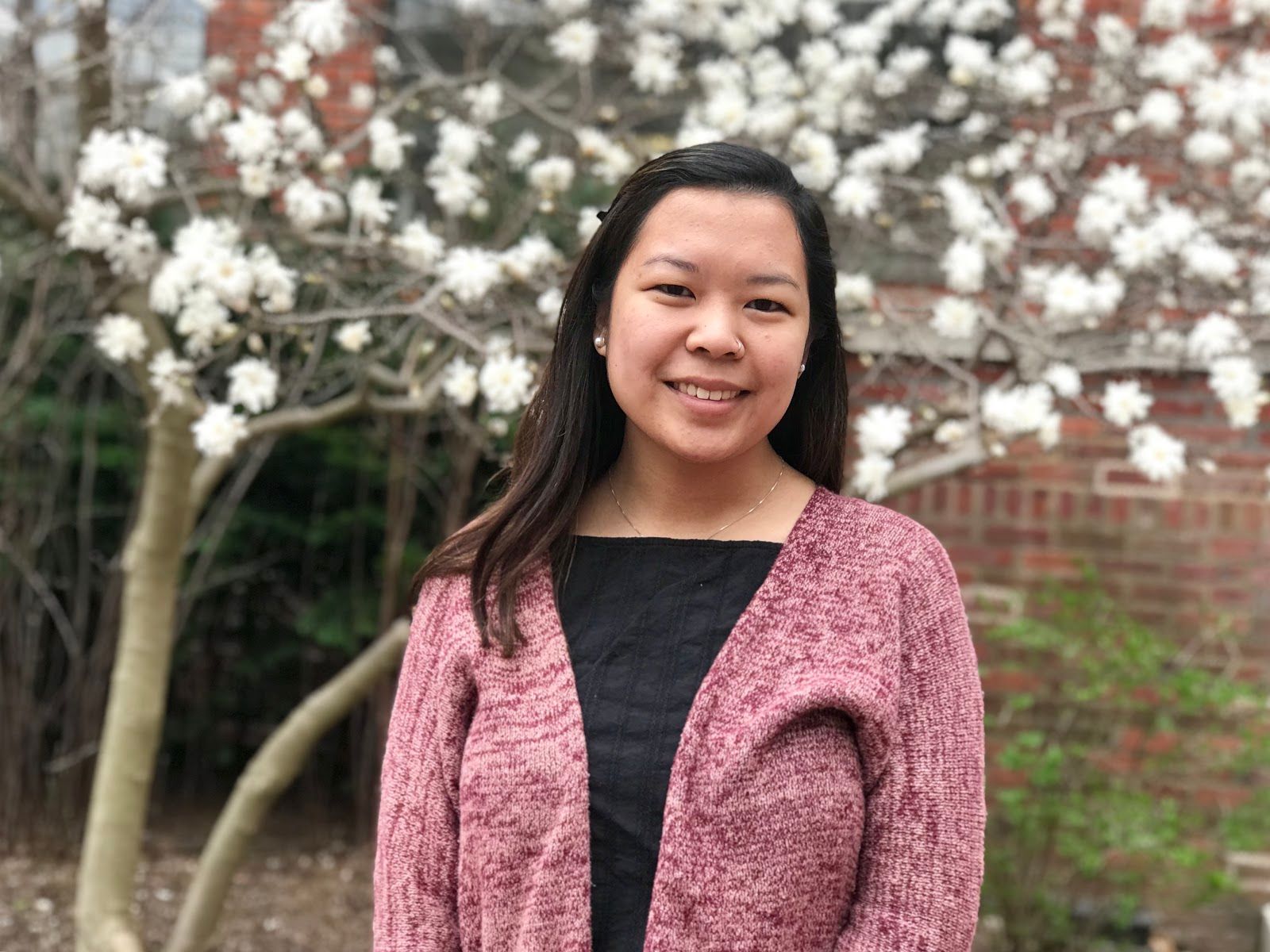
Emily (CCAS ‘19) Robinson asked Anna Ostrow (CCAS ‘19) about her experience doing research on the cleanup and rehabilitation efforts surrounding the Anacostia River.
Tell me about your research for GWU's geography department.
I'm doing an independent study, focusing my research on the roles and benefits of green spaces in today's society and how that relates to environmental justice, education and social equity based on geographic location (looking at Wards 7 and 8). My goal for this semester is to create a comprehensive annotated bibliography, literature review and possible development of an interview framework to be used in the future.
What got you interested in the cleanup and rehabilitation efforts surrounding Kingman & Heritage Islands and the Anacostia River?
I got into this research because Dr. Ginger Allington, my Society & Environment professor, was looking for research assistants at the beginning of the fall semester. Dr. Allington introduced me to the idea of doing research surrounding Kingman and Heritage Islands, which are two man-made islands situated in the Anacostia River. The islands – specifically Kingman – and the Anacostia River were historically used as dumping grounds for city waste. Now that the waterfront area is seeing increasing development and gentrification, problems of pollution and toxic river water have raised significant concerns.
I'm highly interested in how these cleanup efforts can be related to environmental and social justice, especially since the Anacostia has earned the reputation as the dividing line between the richest and poorest wards in D.C.
What responsibilities and opportunities do you have?
My primary responsibility is reading lots of scholarly articles. I enjoy the work because it allows me to explore interesting topics without a ton of stress. Additionally, I have the opportunity to visit Kingman Island and the waterfront, especially now that the weather is warming up.
How did your sustainability courses prepare you for this research?
I'm able to apply the knowledge that I learned in each course, such as environmental terms like the 3 E's of sustainability – environment, equity, and economics – to my research. Additionally, I think that all of the sustainability courses here at GW offer really unique blends and perspectives, and strive to bring together ideas from different sectors and points of view, which greatly helped me with the interdisciplinary nature of my research.
What's been your most surprising finding?
I wouldn't say it's 'surprising' but I'm deeply saddened to be learning that populations are being marginalized and pushed out of their homes to make way for gentrification and development of the waterfront and southeast D.C. area. Doing this research has made me so much more passionate about social and environmental justice.
How has your culminating experience research shaped your plans after graduation/inspired you?
I'm looking to go into a career somewhere within the field of environmental psychology, which is a new but rapidly expanding field of study. Part of environmental psychology examines human behaviors and relationships with the environment, and how we can change those behaviors to contribute to a better, more resilient, and more sustainable future. Researching this culminating experience has made me realize that although there is no clear or easy path forward, it is imperative that we factor environmental education, justice and equity into account.
.png)
